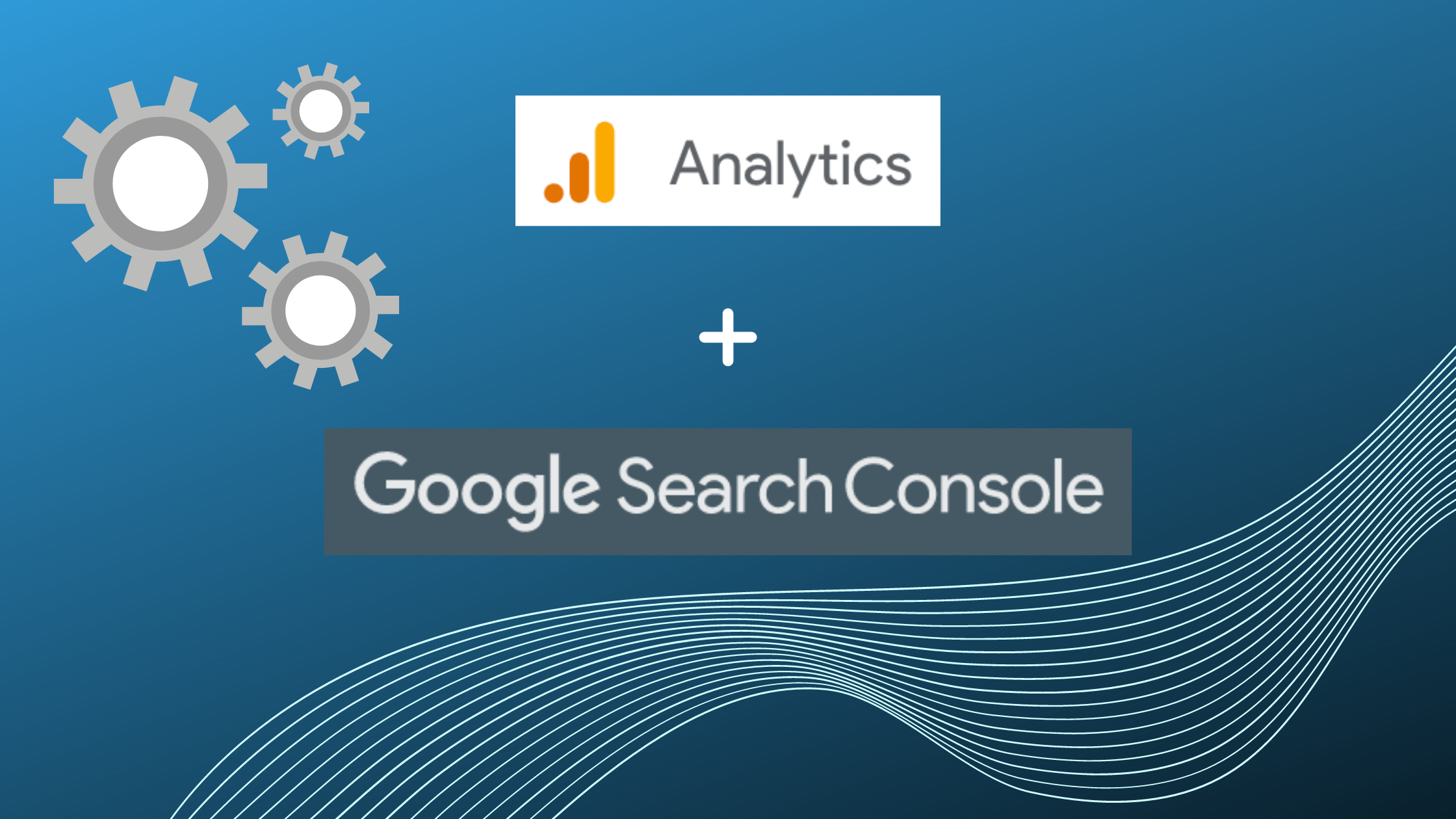Description
Installation, setup and launch of Google Analytics + Google Search Console, and a Google Merchant Center online store
KJ Proweb will handle the manual labor of properly setting up and launching for your company three essential Google business growth and management tools.
- Google Analytics account – https://developers.google.com/
analytics/ - Google Search Console account – https://search.google.com/
search-console/ - Google Merchant Center – https://www.google.com/intl/en_us/retail/online-sales/
- Grow My Store and ‘Think With Google’ – https://growmystore.thinkwithgoogle.com
Google Search Console
Google Search Console (GSC), is free to everyone with a Gmail address. Google Search Console gives website owners the ability to monitor a wide variety of KPIs and metrics of your website’s presence and performance in Google SERP. All you need to do is verify your website by adding a snippet of code to your website or integrating your website into Google Analytics (GA4).
Using GSC allows submission of your sitemap for indexing. See which queries bring users to your site. Analyze your site’s impressions, clicks, and position on Google Search. You receive real-time updates on indexing status and discover what search queries web surfers use to find your site. You can even retrieve analytics metrics based on device usage (PC, mobile, or tablet), geographic visitor metrics, time of day traffic metrics, crawling errors, and more.
- Shows you which web pages link to your website
- Provide a backlinks overview
- Receive alerts when Google encounters spam, indexing, or other issues with your website
- Fix indexing problems and request re-indexing when there are new and added content
- View Google Search traffic data (i.e., how often your site appears in Google Search, which search queries show your website, how often searchers click through for those queries, and more).
Google Analytics
Integrating Google Analytics into your website provides valuable insights into the performance and behavior of your website visitors. Here are several reasons why having Google Analytics is crucial for website owners:
1. Visitor Analytics:
- User Demographics: Google Analytics provides information about the demographics of your audience, including age, gender, location, and devices used to access your website.
- New vs. Returning Visitors: Track the percentage of new visitors versus returning visitors to understand audience loyalty.
2. Website Traffic Analysis:
- Traffic Sources: Identify the sources of traffic to your website, such as organic search, direct traffic, referral traffic, and social media. Understand which channels are driving the most visitors.
- Referral Websites: See which external websites are referring traffic to your site. This information can guide your outreach and partnership efforts.
3. Content Performance:
- Pageviews and Time on Page: Analyze which pages are most popular and how much time users spend on each page. Identify high-performing content and areas for improvement.
- Bounce Rate: Understand the percentage of visitors who leave your site after viewing only one page. A high bounce rate may indicate issues with landing page relevance or user experience.
4. Conversion Tracking:
- Goals and Conversions: Set up goals and track conversions to measure the success of specific actions on your site, such as form submissions, purchases, or sign-ups. Evaluate the effectiveness of marketing campaigns.
- E-commerce Tracking: If you run an online store, Google Analytics can provide detailed insights into sales performance, product popularity, and transaction data.
5. User Behavior Analysis:
- User Flow: Visualize the paths users take through your website, allowing you to identify popular entry and exit points. Optimize the user journey based on this information.
- Event Tracking: Track specific interactions on your website, such as clicks on buttons, downloads, or video views. Understand user engagement beyond pageviews.
6. Website Performance:
- Site Speed: Measure the loading time of your pages and identify areas for improvement. Faster-loading pages contribute to a better user experience and can positively impact search rankings.
- Technical Issues: Identify technical issues such as broken links, error pages, or other issues that may affect user experience.
7. Mobile Analytics:
- Mobile Traffic: Understand the proportion of users accessing your site via mobile devices. Optimize your website for mobile responsiveness based on this data.
8. Custom Reports and Dashboards:
- Customization: Create custom reports and dashboards tailored to your specific business goals and metrics. Visualize data in a way that is most meaningful for your analysis.
9. Search Engine Optimization (SEO):
- Keywords and Search Queries: Analyze the keywords that bring users to your site. Understand which search queries lead to organic traffic and adjust your content and SEO strategy accordingly.
10. Audience Insights:
- Interests and Behavior: Gain insights into the interests and online behavior of your audience. Use this information to tailor your content and marketing strategies to match audience preferences.
11. Advertising ROI:
- Google Ads Integration: If you run Google Ads campaigns, integrate Google Analytics to track the performance and ROI of your paid advertising efforts.
12. Data-Driven Decision Making:
- Informed Decision-Making: Use data from Google Analytics to make informed decisions about your website content, marketing strategies, and user experience improvements.
Having Google Analytics on your website empowers you to make data-driven decisions, optimize your online presence, and enhance the overall user experience. It is a fundamental tool for understanding how users interact with your site and for continuously improving your website’s performance and effectiveness.
Google Merchant Center
Google Merchant Center gives online brands the ability to manage your product information on Google and run advertising campaigns – all in one place.





Reviews
There are no reviews yet.